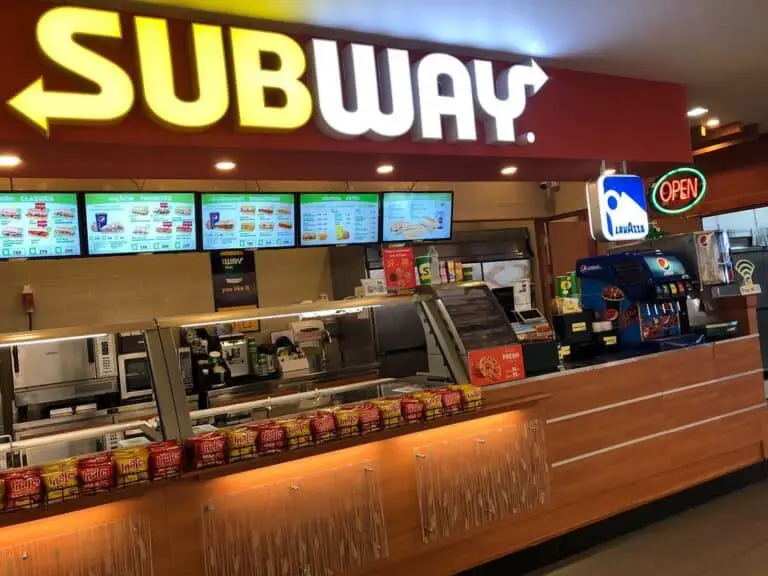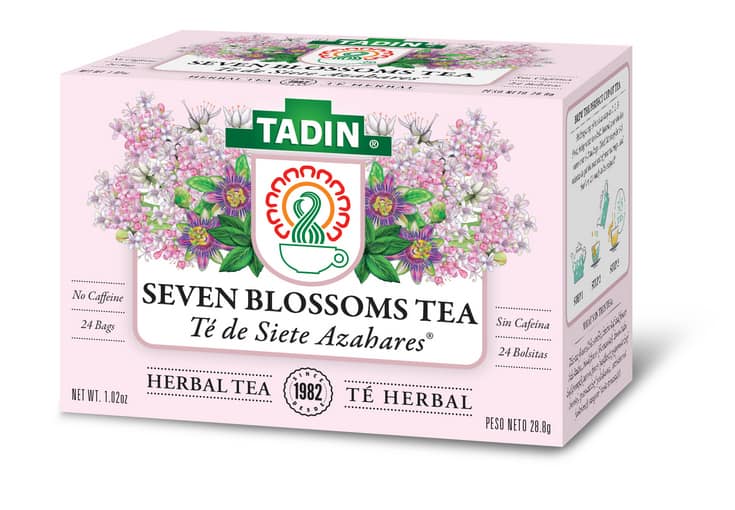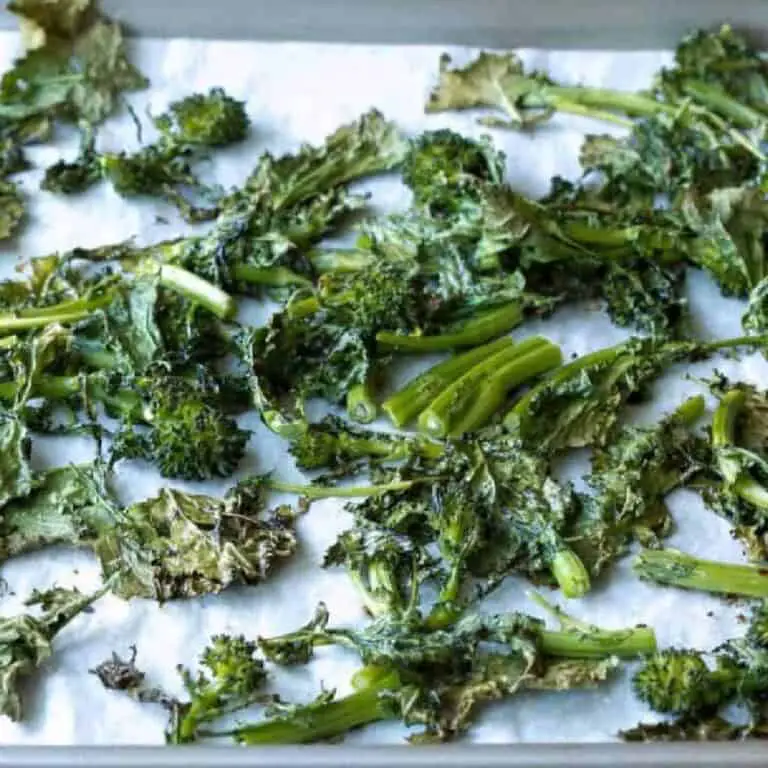Why Do I Feel Hungry and Tired After Eating Pasta? (Helpful Facts)
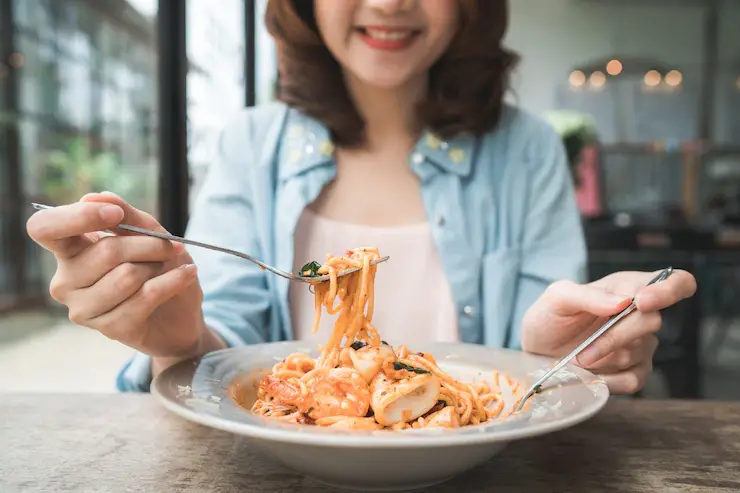
Whether it’s a hearty bowl of bolognese or garlicky pesto tortellini, there’s hardly a dish more worth drooling over than pasta.
Need a quick meal to whip up for a family of four? You only need a package of penne and a jar of marinara sauce to make this dish.
Cooking a romantic dinner for two? What you really need is a plate of decadent carbonara.
But what happens to your body when you eat pasta? Can it ever be healthy? And how can you make sure you’re reaping all the rewards without compromising your waistline?
The average person has probably experienced the feeling of being both hungry and tired after eating pasta. But why does this happen? It turns out that there are a few reasons why pasta can have this effect on our bodies.
Why Am I Still Hungry After Eating Pasta?
We’ve all been there. You sit down to a big bowl of pasta, and halfway through, you’re still hungry.
You probably think of pasta as a hearty, filling food. But according to new research, you may still be hungry after eating pasta.
The study, published in the journal Obesity, found that people who ate a high-carbohydrate meal, including pasta, were less satisfied and more likely to eat more later than those who ate a low-carbohydrate meal.
So why does pasta leave us wanting more? The researchers say it could be because of the way our bodies metabolize carbohydrates.
When we eat pasta, our bodies convert the carbohydrates into glucose, which is then released into the bloodstream. This process is known as glycolysis. The glucose in our blood is used for energy by our cells, but it doesn’t stay there for long.
Once the glucose has been used for energy, it is converted into glycogen and stored in the liver and muscles for future use. However, the glycogen stores are quickly depleted and we start to feel hungry again.
Is It Normal to Feel Hungry Again After Eating?
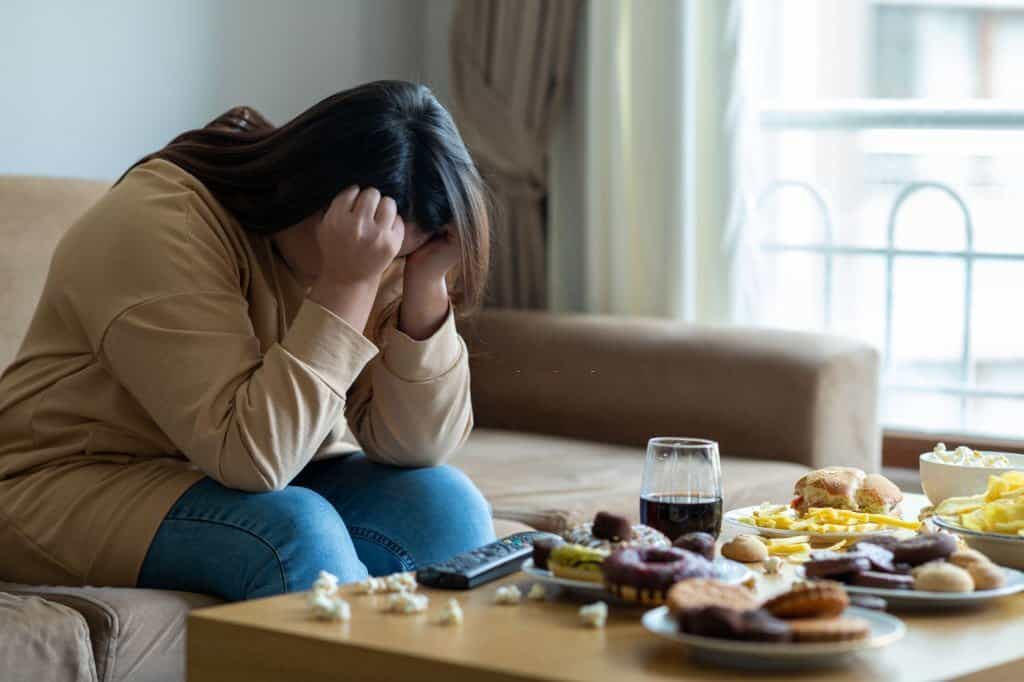
Yes, it is normal to still feel hungry after eating. This is because the body’s natural hunger response is not always accurate. It takes time for the body to process information that it has received food and to signal that it is no longer hungry.
A new study has found that feeling hungry after eating is actually a sign that your body is working properly.
The study, which was conducted by the University of Southern California, found that the sensation of hunger after eating is caused by the release of a hormone called ghrelin. Ghrelin is responsible for sending signals to the brain that tell the body it needs more food.
Previous studies have shown that ghrelin levels are highest before a meal and decrease after eating. However, this new study found that ghrelin levels remain high even after a person has eaten, which explains why some people feel hungry again soon after eating a meal.
So if you’re feeling hungry after your last meal, don’t worry – it’s just your body doing its job. If you are still feeling hungry after eating, try drinking a glass of water or waiting a few minutes before having another snack.
Can Eating Pasta Make You Full?
The pasta dish is a staple in many Italian households. Does it really make you full, though? Let’s explore how pasta can affect your hunger levels.
Though pasta is often associated with feeling full, it may not have as much of an impact as you think. A serving of pasta only has about 200 calories, which isn’t enough to really fill you up. You would need to eat a lot more pasta to reach that point of fullness.
Pasta can be filling if you pair it with other foods that are high in protein and fiber. For example, adding chicken or salmon to your pasta dish will help you feel fuller for longer. Adding vegetables like broccoli or spinach will also add some bulk to the meal and help you reach that feeling of fullness.
To avoid feeling that way, try whole wheat pasta or a vegetable substitute for pasta or noodles (cabbage, salad, sliced zucchini, shirataki noodles, spaghetti squash, etc.).
How Much Pasta Is Too Much? Can You Eat Too Much?
When it comes to pasta, is there such a thing as eating too much? After all, pasta is a carb-rich food that contains fiber and fat. While pasta can make you feel full, eating too much of it can lead to weight gain.
If you’re watching your weight, it’s important to be mindful of how much pasta you’re eating. A single serving of pasta is typically around 1/2 cup cooked. And while that doesn’t seem like a lot, it can quickly add up if you’re not careful.
So, can you eat too much pasta? Yes, if you’re not careful. But as long as you’re aware of your portion sizes, there’s no need to worry about indulging in this delicious food every now and then.
Is It Healthy To Eat Pasta All The Time?
If you love pasta, you’re in luck—it’s not only delicious, but also relatively healthy. Of course, like eating anything, moderation is key. Eating pasta all the time might lead to consuming too many calories and carbs.
That said, pasta is a good source of complex carbs, which are an important part of a healthy diet. Complex carbs help fuel your body and brain, and they’re especially important for athletes and people who exercise regularly.
So if you enjoy eating pasta on a diet, there’s no need to worry—just be sure to enjoy it in moderation. You still get health benefits of eating pasta everyday.
Simple Carbs vs. Complex Carbs: The Good and Bad
Carbs are found in a variety of foods, from fruits and vegetables to grains, legumes, and dairy. They’re an important part of a healthy diet. Not all carbs are created equal.
There are two types of carbohydrates in general: simple carbs and complex carbs.
Simple carbs, also known as refined carbs, are basically any carb that has been processed and had the fiber and nutrients removed.
They are simple sugars that are quickly digested and absorbed into the bloodstream. This results in a rapid rise in blood sugar levels, which can lead to increased fat storage and insulin resistance.
Simple carbs are found in foods like raw sugar, corn syrup, and fruit juice concentrate.
While they may taste good, these foods can cause weight gain and other health problems if consumed in excess. While some refined carbs are relatively harmless in moderation, others should be avoided as much as possible if you’re trying to maintain a healthy weight or blood sugar level.
Complex carbs, also known as starches, This generally leaves behind a lot of sugar and/or starches, which can quickly break down into sugar in your body.
Examples of common complex carbs include white bread, pasta, pastries, and many breakfast cereals.
How to Avoid Feeling Hungry Following a Meal
When you’re feeling hungry, even just after eating, it’s important to figure out why. There are a few different possible explanations for this sensation.
One possibility is that you’re actually thirsty, not hungry. Be sure to drink enough water throughout the day – sometimes our bodies can confuse thirst for hunger.
Another possibility is that you ate too much sugar earlier in the day. Sugar can give us a quick burst of energy, but then we crash and feel tired after eating pasta. Try eating some protein or complex carbs instead of sugary snacks.
You may feel hungry shortly after eating some pastas, especially those made from refined grains. Pasta made with white flour or other highly processed carbohydrates are likely to keep your appetite going strong. On the other hand, pasta made with whole grains, which are rich in fiber, may help you feel fuller for a longer period of time.
| WARNING |
|---|
| If you’re still feeling hungry even after eating a full meal, it could be a sign that you have a medical condition called Prader-Willi syndrome. This disorder causes constant feelings of hunger, even when the person is full. If you think you might have this disorder, talk to your doctor. |
Does Pasta Give You Energy or Make You Tired?
It’s the age-old question: Does pasta make you tired or give you energy?
We all know that feeling of being exhausted after a big bowl of spaghetti, but is it the pasta itself that’s to blame?
Though it may seem counterintuitive, eating pasta can actually give you a boost of energy. The complex carbs in pasta are broken down slowly, which means they provide a steadier source of energy than simple carbs like candy or cake.
That said, if you eat a lot of pasta (or any food, for that matter), you may feel tired simply because your body is working hard to digest it all. So, if you’re looking for an energy boost, go ahead and enjoy some pasta—just don’t overdo it.
Key Points on Why Do I Feel Hungry After Eating Pasta
In conclusion, it is clear that there are many reasons why people may feel hungry and tired after eating pasta. While some of these reasons are due to the quantity and timing of pasta being consumed, others have more to do with the individual’s metabolism.
However, by making sure to eat a balanced diet and get enough sleep, anyone can minimize their chances of feeling hungry and tired after eating pasta.

